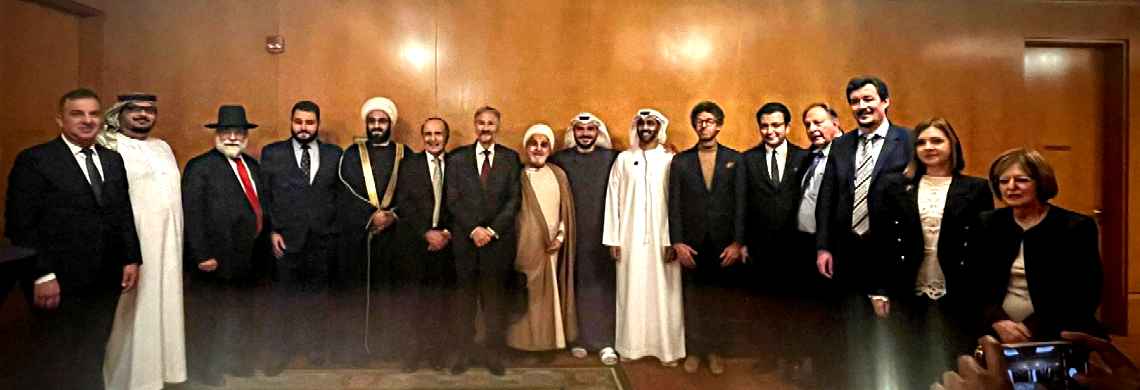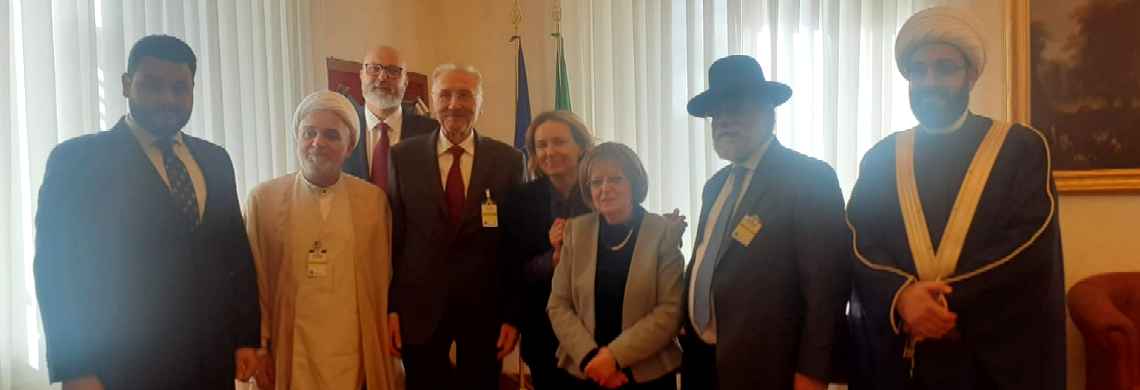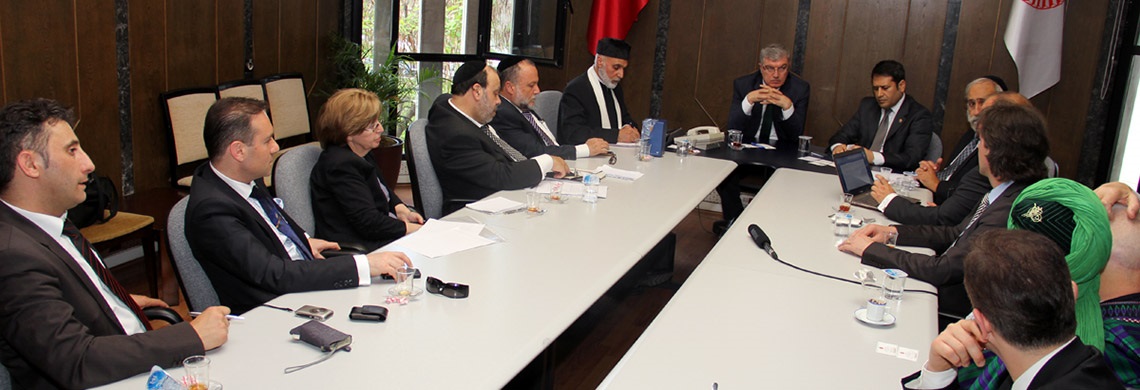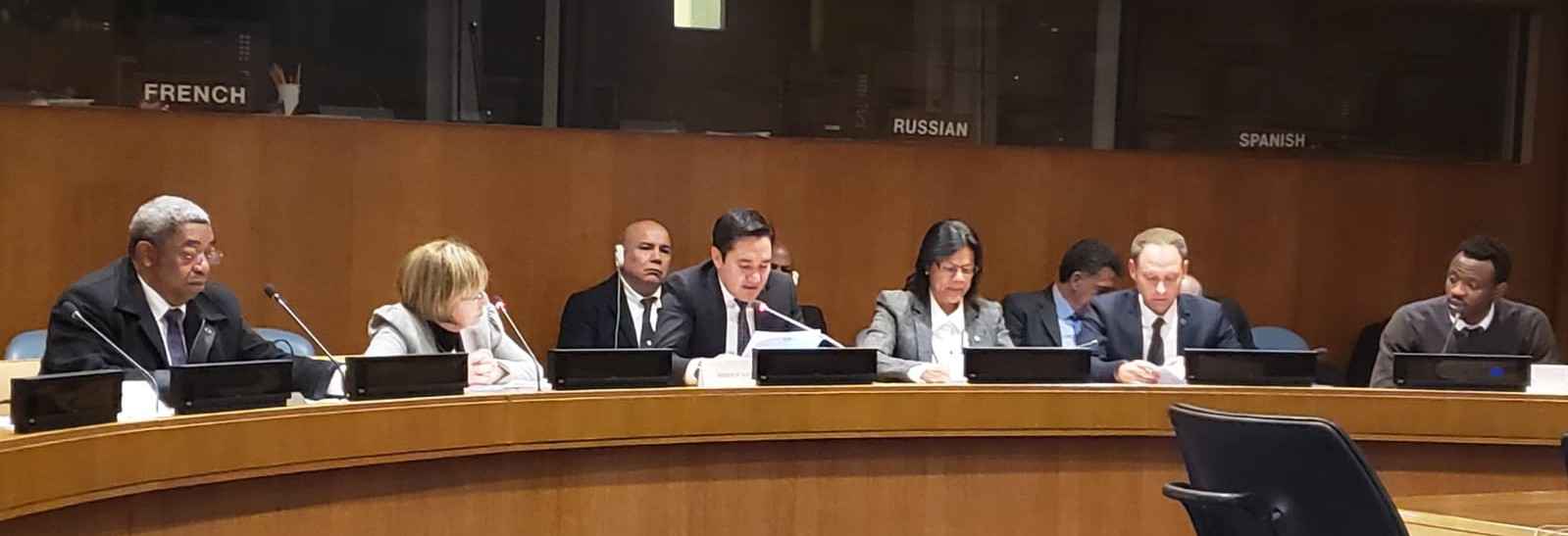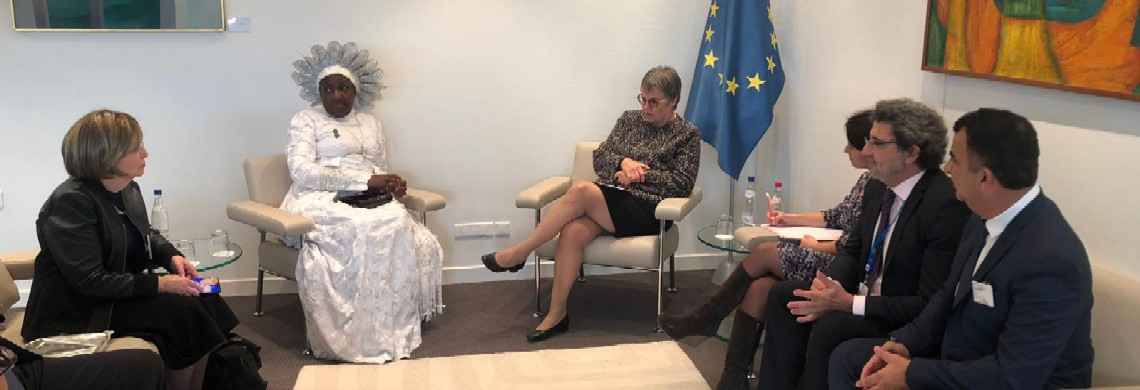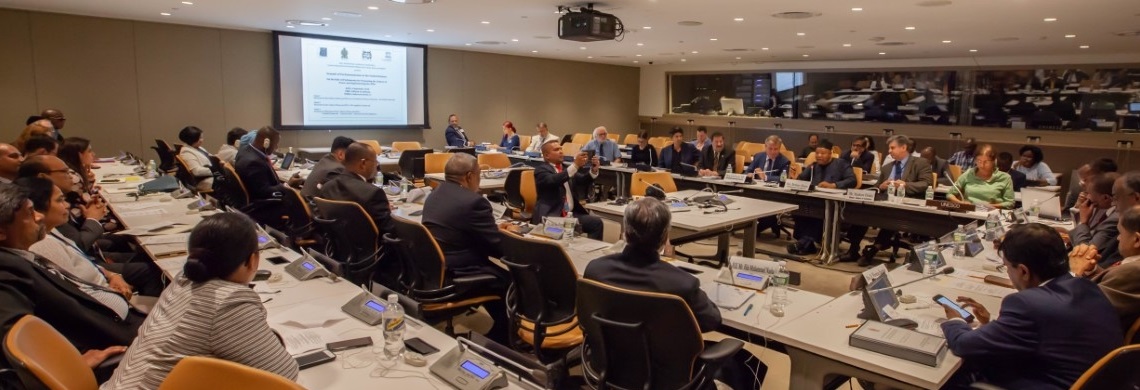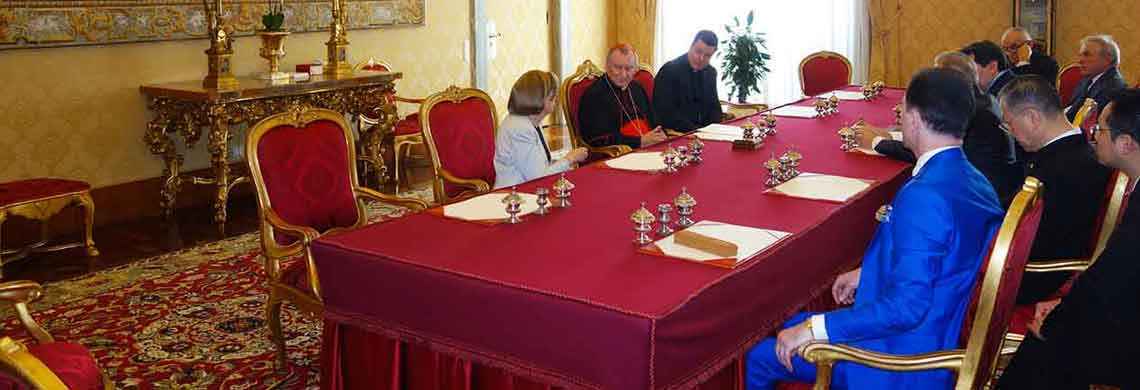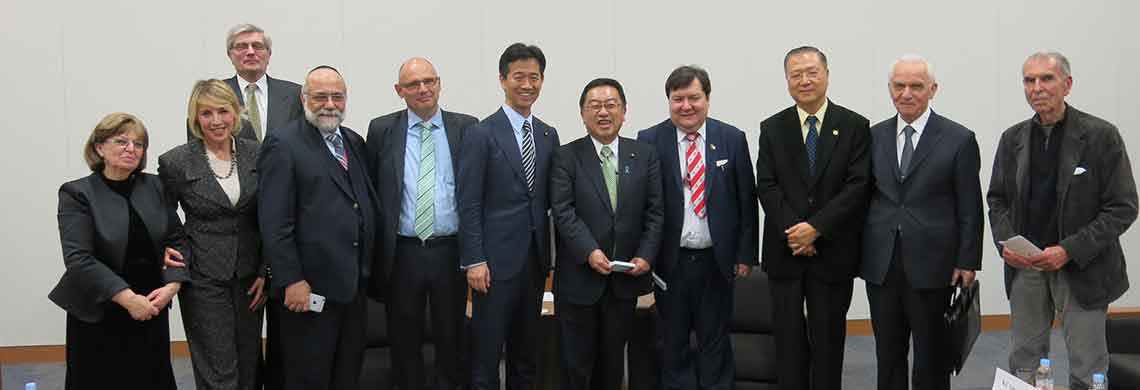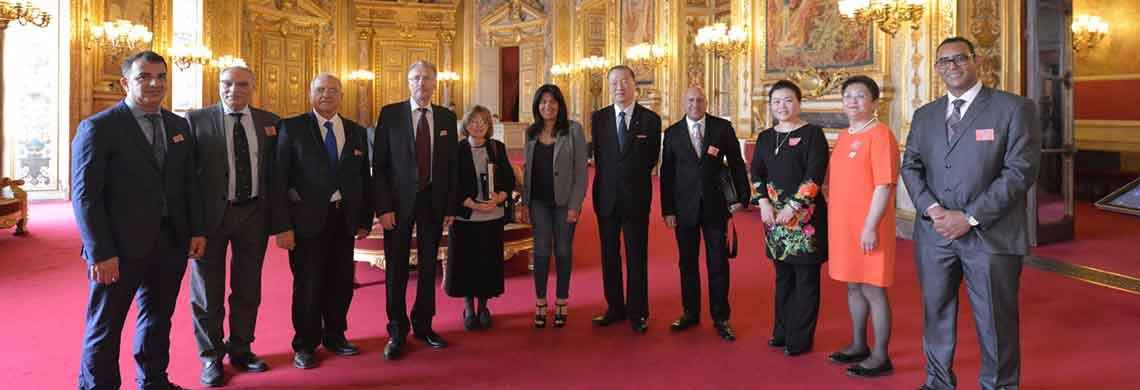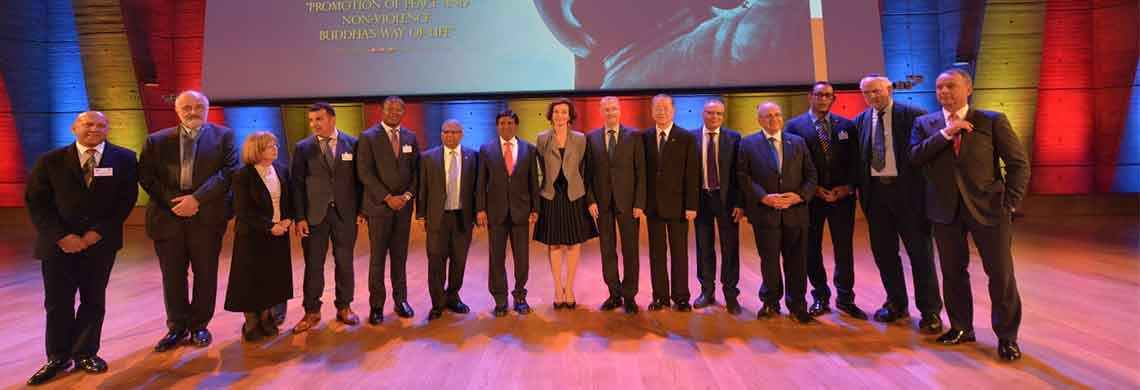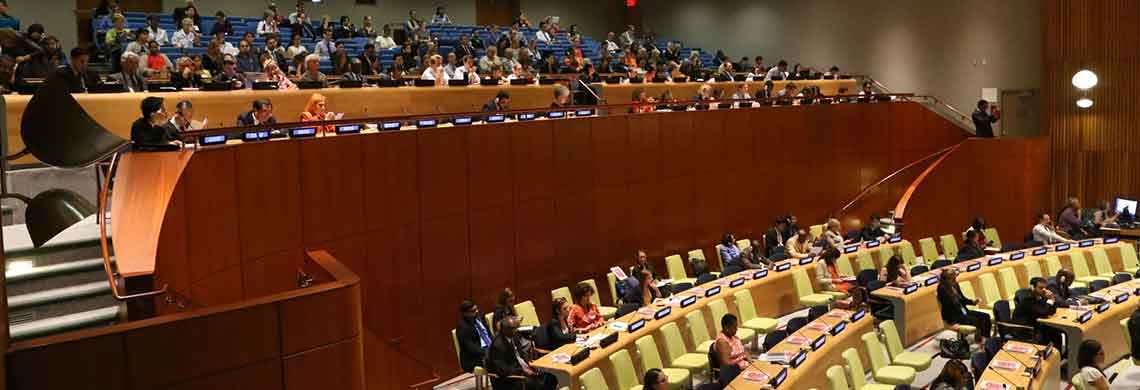JUNE 2023 STAGE III OF THE DUBAI EDUCATION FOR THE CULTURE OF PEACE INITIATIVE, NEW YORK
STAGE III OF THE DUBAI EDUCATION FOR THE CULTURE OF PEACE INITIATIVE
United Nations, New York / June 2023
Following the successful Roundtable Conference on Strategy for a Joint Abraham Accords Model Curriculum for a Culture of Peace and the SDGs, held February 12 in Dubai, Stage II of the Dubai Education for the Culture of Peace Initiative will take place in Rome, Italy March 1-2,2023. To move forwards towards developing a model curriculum on education for the culture of peace and SDG's.among the Abraham Accords partner nations.
The goal of Stage II of the initiative in Rome is to focus on the pathways to develop the joint curriculum at a symposium hosted by the Chair of Religion and Law at the Faculty of Law in Sapienza University which will take place March 2. The Rome meetings will include a meeting in the Italian Senate and meetings with religious leaders of the Abrahamic faiths on March 1 to round out the framework of support for the initiative. The final model is to be presented as an outline to encourage and support agreements among Abraham Accords partner states to implement education on the culture of peace and SDG's for all age levels as a means to achieve world peace, combat "violent extremism", hate speech, anti-Semitism and racism of all kinds, and to promote protection of the environment and sustainable development. The outline will be presented at the United Nations Headquarters as a best practices model to be available to parliamentarians, educators, media, religious leaders and decision makers to utilize in accordance with the specific national and regional needs.




